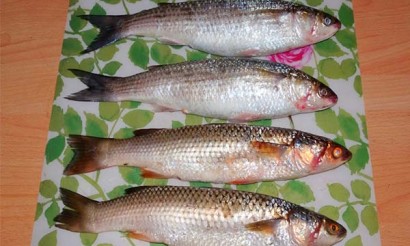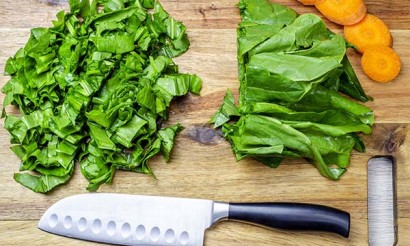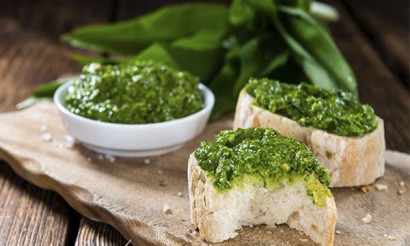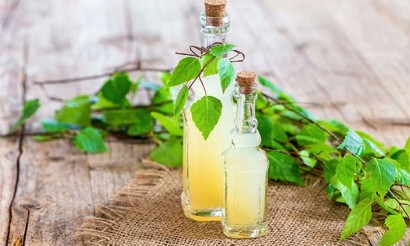Who can't eat persimmons and why?
Persimmon Has been known since ancient times and has been grown for many centuries. The name of the fruit comes from the ancient Greek "food of the gods. Juicy, fragrant, with melt-in-your-mouth flesh, it immediately captures the hearts of those who try it for the first time. A little astringent note in the flavor adds spice. Its health benefits are great, but it turns out that there are a number of situations when this fruit is contraindicated or you can enjoy it in very modest quantities.

Useful properties of persimmons
The species has been cultivated for a very long time, more than 500 species with different taste properties have been bred. There are varietal variants and hybrids, while there is no fundamental difference in the composition of the fruit. All of them contain:
- tannins;
- carotenoids;
- vitamins C, E, D, K, PP, group B;
- lutein;
- lycopene;
- choline;
- tannin;
- magnesium;
- calcium;
- silicon;
- potassium;
- phosphorus;
- boron;
- iron;
- iodine.
As well as other useful trace elements in various proportions. Its caloric value is 67 kcal, which makes it an important dietary product. Such richness speaks to the extraordinary value of the fruit. Nevertheless, there is a list of quite serious contraindications to its consumption.
Limitations and contraindications to persimmon consumption
It is a pity to refuse such a splendor of taste, especially since the choice of persimmons on the shelves inspires respect, but health is more expensive. Therefore, it is worth considering that persimmons should not be abused by those diagnosed with diabetes, as in the flesh is a lot of quickly digestible sugars. Also with caution should be regaled with this fruit people who have problems with weight control and metabolism in general, because of the content in the fruit of certain elements that affect these processes. It is not recommended to include the product in the diet for:
- constipation;
- intestinal spasms;
- Children under the age of 10 years;
- At risk of intestinal obstruction;
- cholelithiasis;
- Allergic reactions;
- diseases of the kidneys and bladder.
Worth considering: The high acid content can pose a threat to weak tooth enamel, so it is recommended to rinse your mouth with a special liquid or plain water after eating. To avoid stomach problems, it is undesirable to combine persimmons with milk or even water.
When choosing a fruit, preference is given to fully ripe, they have less tannin, which acts as a sticking agent. The taste of such fruits is also much deeper and richer. You should not completely deny yourself the pleasure of enjoying the taste of persimmons, but everything should be in moderation with a focus on your own well-being.
«Important: All information on this site is provided for informational purposes only. for your own health. Consult a specialist before applying any recommendations. specialist before applying any recommendations. Neither the editors nor the authors shall be liable for any possible harm caused by materials."















